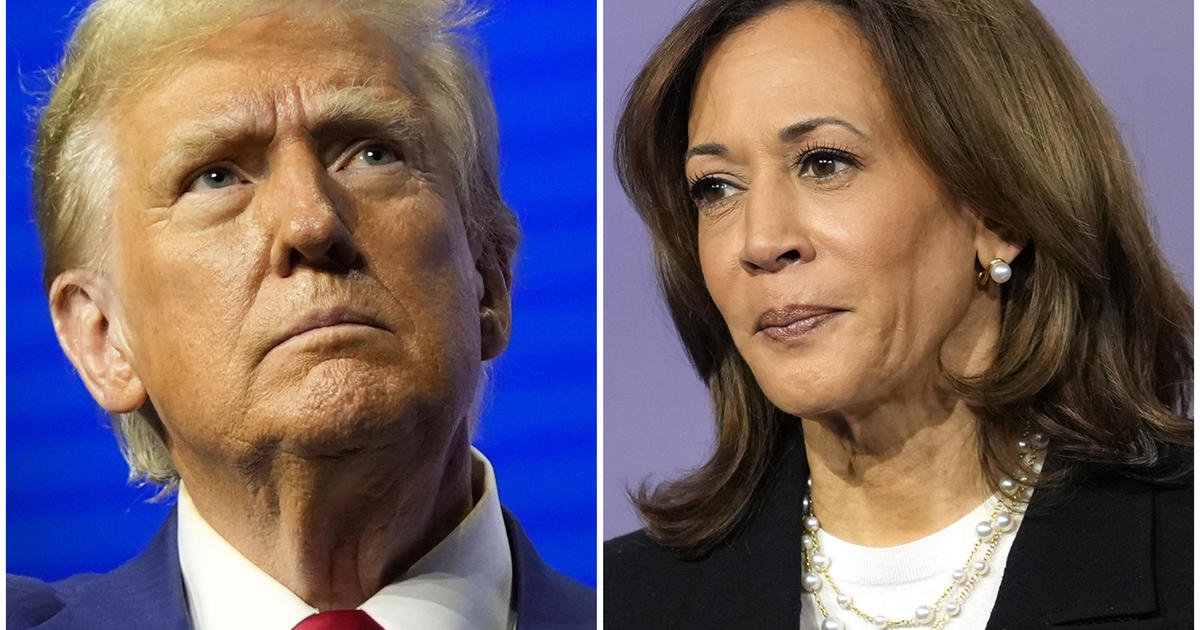As the November 5 election approaches, Americans are focused on the state of the economy, with polls showing it as their top concern. Vice President Kamala Harris and former President Donald Trump are both making final appeals to voters, emphasizing their plans for economic prosperity. However, many factors impacting the economy are beyond the control of the president, including global events like Russia’s invasion of Ukraine and supply chain disruptions caused by the pandemic, leading to the highest inflation rates in 40 years.
While experts have given the current economy positive ratings, a majority of Americans feel they are worse off today than they were four years ago. Partisan differences play a role in this sentiment, with Republicans more likely to report increased financial struggles compared to Democrats. Economists attribute this to the lingering effects of the pandemic on the global economy.
Inflation remains a key issue for voters, despite a decrease in the Consumer Price Index from its peak earlier in the year. Many Americans still perceive prices as high, with a significant portion believing the inflation rate to be over 10%. Rising grocery prices, in particular, have put a strain on households, even though the rate of increase has slowed. The impact of inflation on voters’ decisions is significant, with former President Trump projected to benefit if voters focus on high price levels, while Vice President Harris may gain support from voters considering the moderation of inflation rates.
The job market is strong overall, with low unemployment rates and wage growth outpacing inflation since May 2023. However, certain demographics, such as men without college degrees, have faced economic challenges as the labor market shifts towards higher education requirements. White Americans without a college degree are more likely to view the economy negatively and support Trump, according to polling data.
Immigration is another top issue for voters, with Trump criticizing the Biden-Harris administration’s handling of illegal immigration. Deporting undocumented immigrants could have significant economic consequences, as many work in essential industries such as agriculture and construction. Economists warn that mass deportations could lead to economic stagnation and cost billions of dollars.
Taxes have been a focal point of both campaigns, with promises of tax cuts and credits for various groups. Trump’s proposed renewal of the Tax Cuts & Jobs Act, along with additional tax breaks, contrasts with Harris’s plans, which also involve tax cuts but at a lower scale. The future of the tax code will depend on the outcome of the election and the composition of Congress.
The federal deficit and national debt are growing concerns, with both candidates’ economic proposals projected to increase the country’s debt. Harris’s plans could add nearly $4 trillion in debt through 2035, while Trump’s proposals could add almost $8 trillion. Managing the national debt will be a significant challenge for the next administration, with voters in battleground states expressing the need for a plan to reduce the debt.
As the election draws near, voters will weigh these economic issues and the candidates’ proposals as they cast their ballots. The state of the economy, inflation, job market, immigration policies, taxes, and the national debt are all key factors that will influence voters’ decisions in this critical election.









